Seafarers and the Issue of Riding Gangs
There are several issues that bother seafarers today and the problem of riding gangs is one of them. To put it in simplest terms, riding squads are group of workmen, other than qualified seafarers, working onboard for any specific or general purpose.
These groups of people are essentially from a non-marine background and are called in for all sorts of technical and mechanical support. Ideally, these men/women are among the port ship repair workers. However, with changing marine schedules and lesser seafarers, vessels often do not get enough time on ports for necessary repair. Hence, the solution- repairing and maintenance right on the ship.
Who are parts of riding squads?
Turns out, a lot of people can be. In most countries, all it takes is that country’s citizenship and knowledge of working with tool and equipment and anyone can be qualified to become a part of riding gangs. These gangs comprise chiefly of ship repair workers who may or may not have had prior marine experience.
Unlike seafarers, members of these squads are not bound by legal requirements to qualify for seafaring jobs. However, they are needed to hold proper qualifications in handling mechanical equipment, engines, repair work etc. Besides these, the requirements state that a member of a riding squad:
- Must be a citizen of that country
- Should not hold a marine document or qualification
- Should not be involved in typical marine jobs such as watch keeping, cargo handling, personnel safety functions etc
- Should not be involved with working of steward’s department
- Should hold a Transportation Worker Identification Credential (TWIC)
The legal definition of members of riding squads may vary to some extent.
What work riding squads do?
Riding squads are presently considered an essential part of a vessel when the later is undergoing maintenance work at the shore. These squads handle myriad of jobs on vessels. The work permissible for riding gangs is broadly classified under two categories- namely warranty work and permitted work. These definitions, however, chiefly apply to US zone alone. In more general terms, some of the chief jobs handled by them are:
- Electrical installations and repairs
- Rigging and scaffolding jobs
- Tank and general cleaning
- Mechanical fitting and turning
- Plumbing
- Furnishers and upholstery jobs
- Carpentering
- Painting, airless spray and brush
- Accommodation refurbishments
- Hydraulic repairs
- Boiler repairs
- Steel repairs
Why increasing number of riding squads is a problem for seafarers and shipping industry?
The rising number of riding gangs can be a problem for seafarers. Here’s why:
- While the seafarers have to go through strict physical, mental and educational training before they can be qualified for seafaring jobs, these workmen are not bound by any such legal requirements. In the present scenario of economic meltdown, this comes as especially unpleasant news as these workmen are considered qualified for several jobs that would otherwise be considered for seafarers alone.
- Absence of proper training to handle typical marine emergencies can prove extremely fatal. No prior training for these workmen makes them a liability rather than an asset in times of emergency.
- The riding gangs can offer their services to several vessels, belonging to different nationalities. Maritime security measures as suggested by the International Ship and Port Facility security Code require the chief officers to supervise security of vessels at all times. Having foreign personnel on the ship compromises that to a certain extent, making the job tougher and more cumbersome.
- The repairs of essential vessel parts like engines and hulls when carried out by these squads can pose severe danger especially since these workmen are not qualified to handle marine equipment. International Classification Society’s Voyage repairs and maintenance code specifies use of qualified operators and repairers for such jobs. Absence to abide by these regulations (which happens often) can lead to maritime disasters.
- The biggest problem remains with the anomaly of exact definition of these squads. While ILO includes all onboard members in the list of seafarers, fact remains they are not legally qualified to be classified so. However, IMO defines these squads to hold at least comparable rights in terms of wages and protection to the seafarers. While this is fair, the confusion persists about the true nature of their rights and duties on vessels. Incidences of squad members working aboard for long periods and holding responsibilities ideally for seafarers have often come across, making the confusion further more prominent.
Can riding squads be helpful in any way?
While these squads have existed for a long time now, their need is often felt. And it’s not exactly a bad thing. There are number of things good with such ship repair workers.
- They offer a good source of workforce for handling lots of general jobs.
- The repair jobs handled by these squads can be handled easily by the repair workers
- They offer easy repair on-the-go for vessels
- Having them around reduces docking cost
- They help in maintaining the quality of a vessel’s workplace
- They help in maintaining a cleaner and safer work environment
- They are easily available
- The legal prerequisites for them are much lower, making their availability easier and choice wider
References aph.gov , itfseafarers , uslegal
Image Credits seatec-services , emcs
Latest Ship Safety Articles You Would Like:
Do you have info to share with us ? Suggest a correction
Subscribe To Our Newsletters
By subscribing, you agree to our Privacy Policy and may receive occasional deal communications; you can unsubscribe anytime.
Web Stories



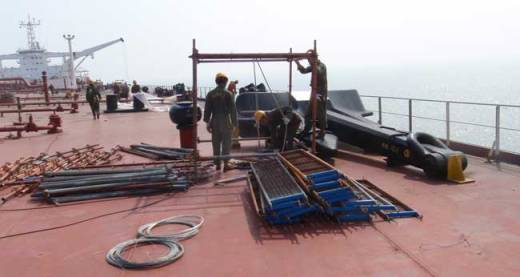
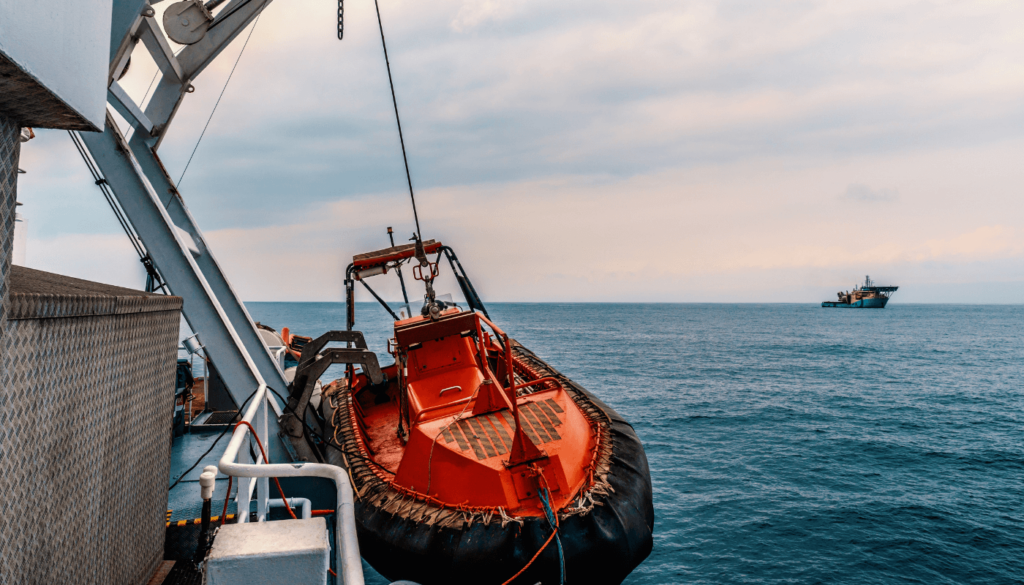
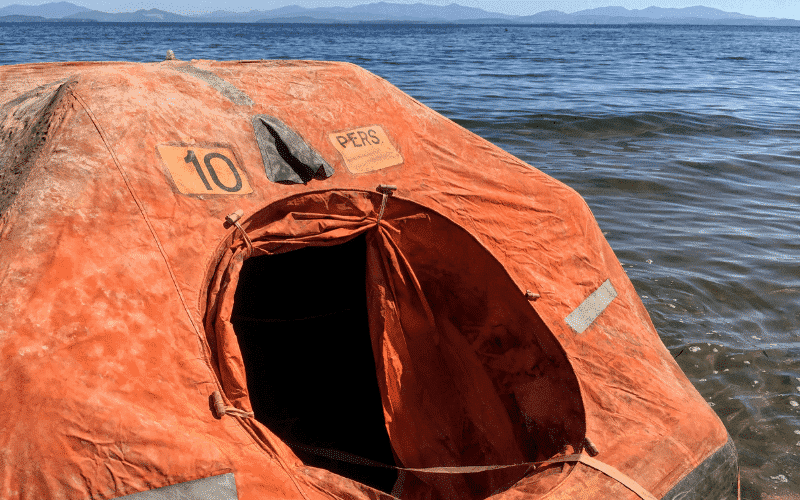
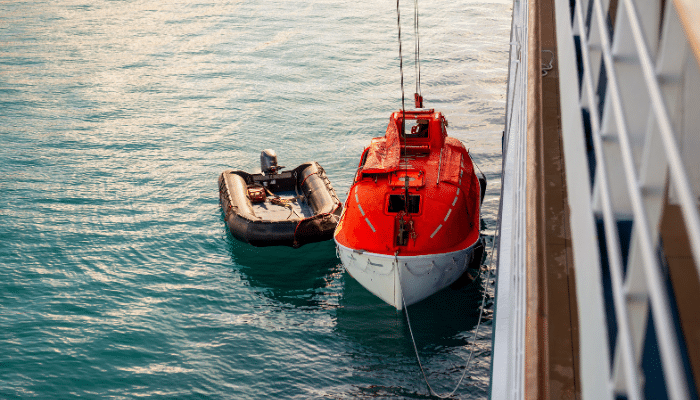
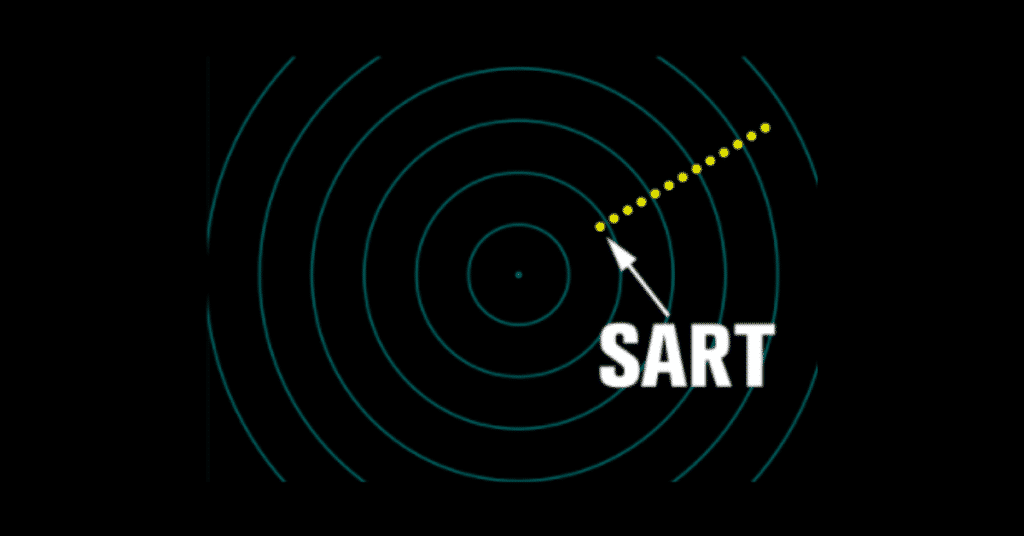
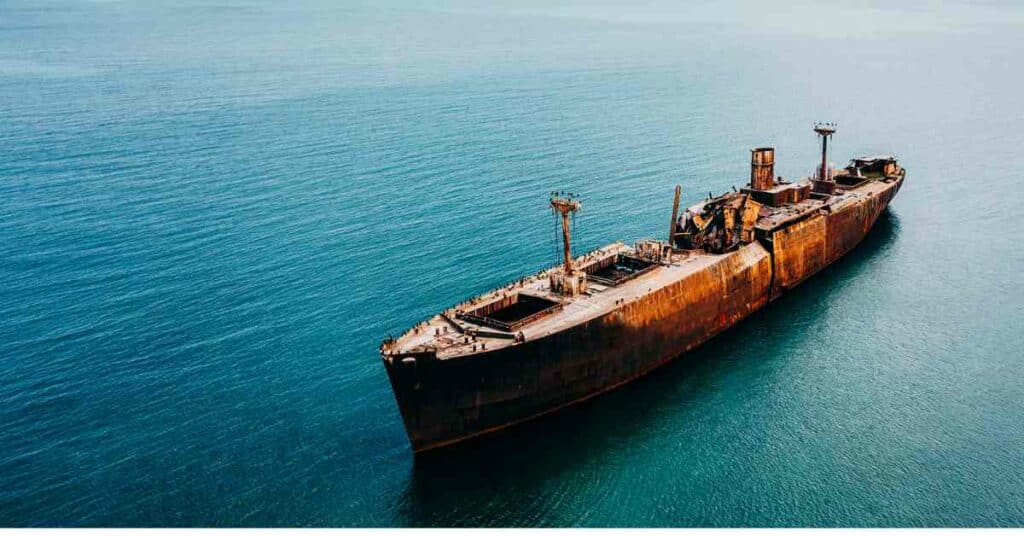

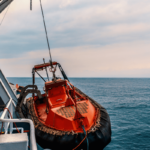
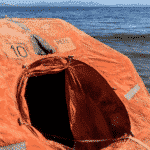
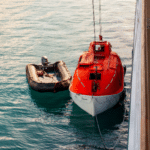
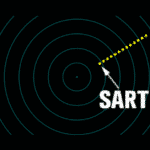
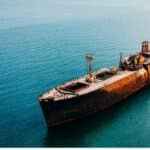

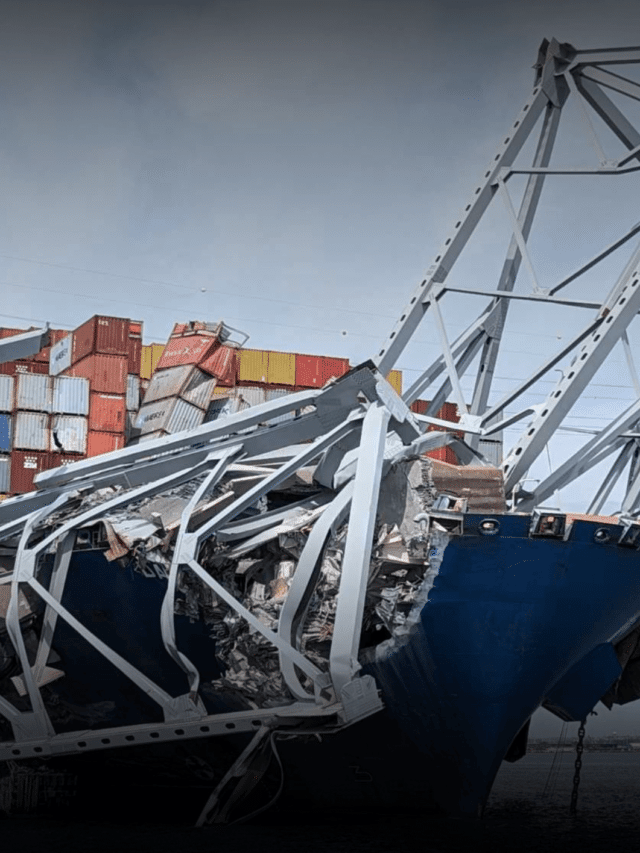
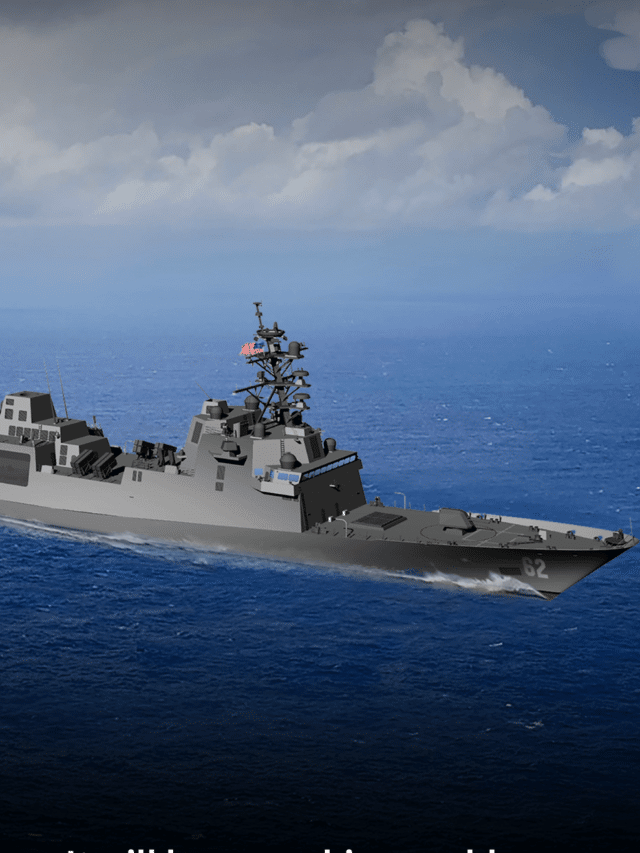
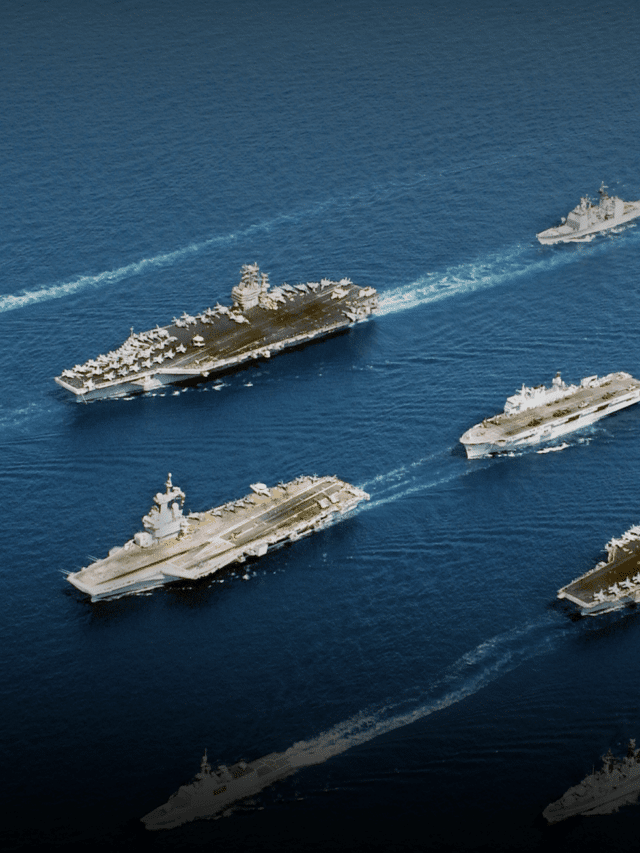
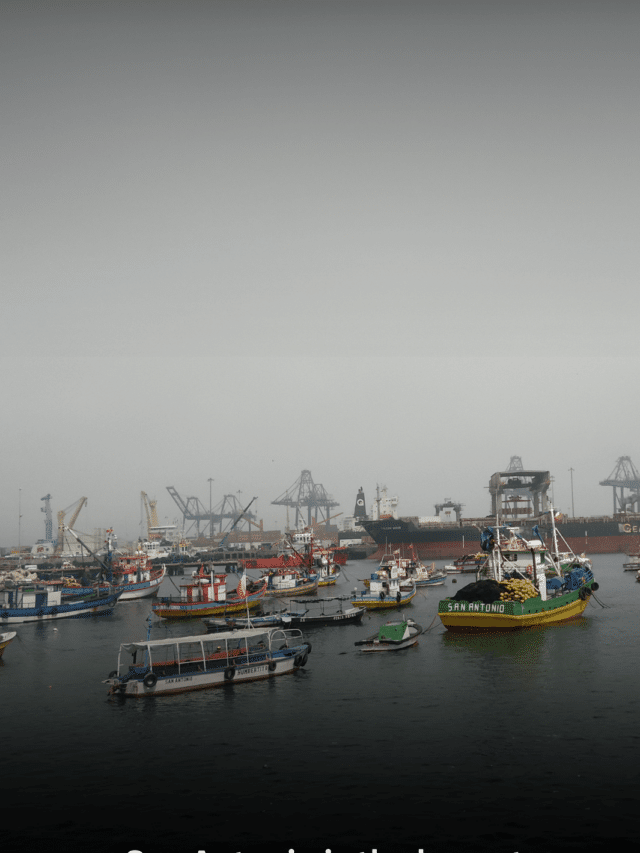


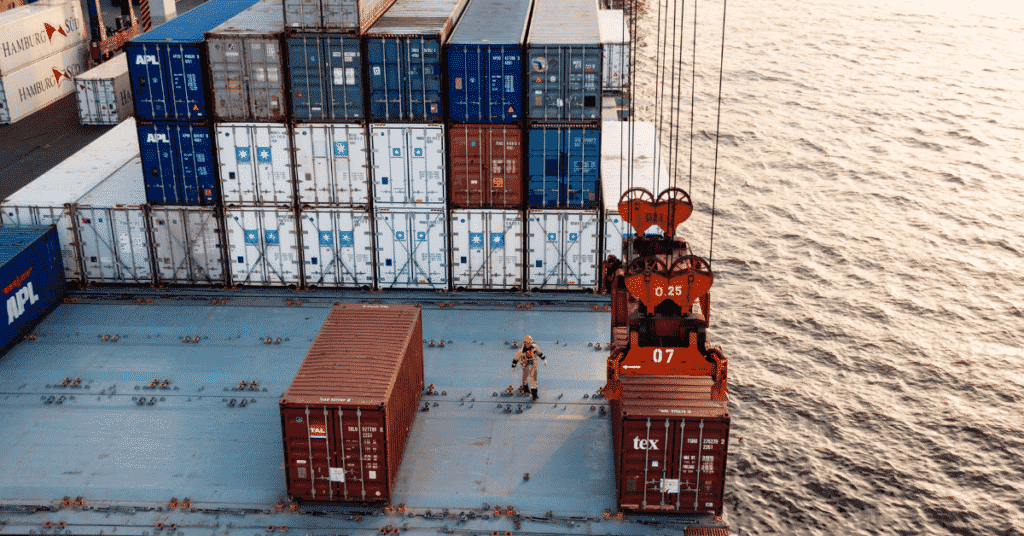
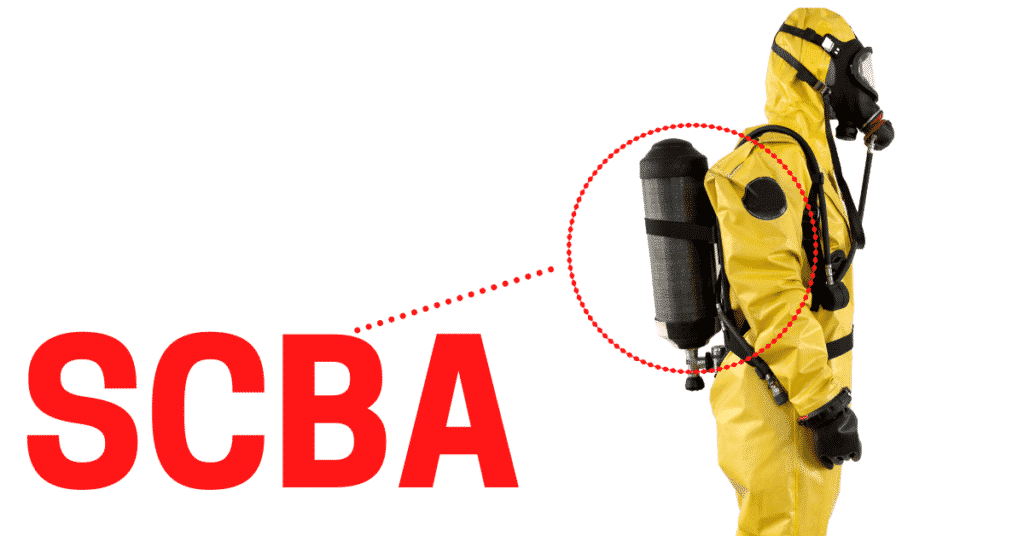
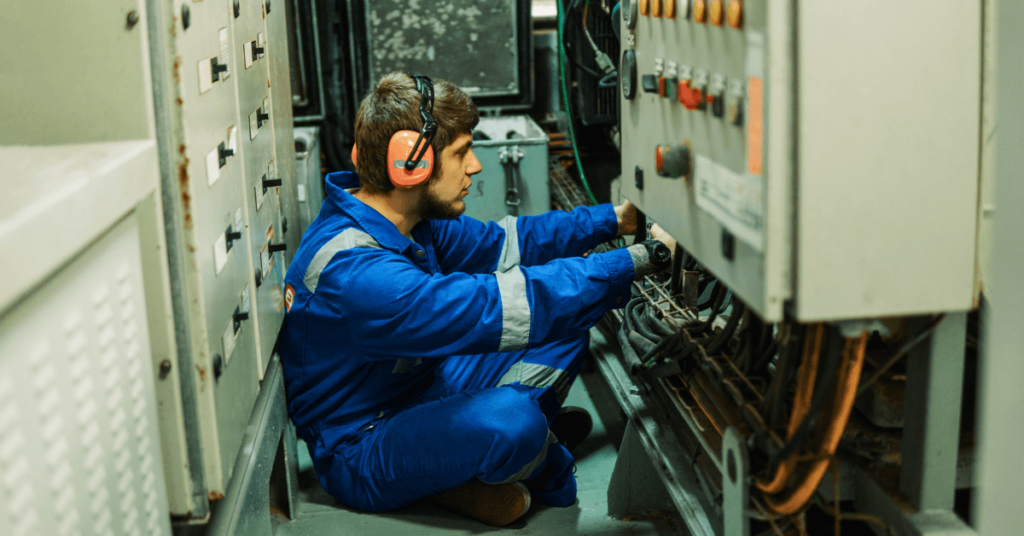
DO RIDING SEAMAN ELIGIBLE FOR WATCH KEEPING,IF HOLD PASSPORT,CDC AND RELAVENT CERTIFICATES
No
Good afternoon.I have a question.Whether the qualified painter can get a job, I am in Ukraine, 5 years work almost at all types of vessel.